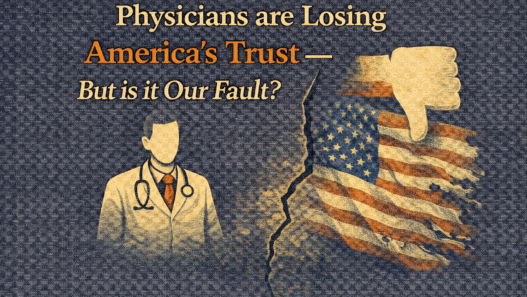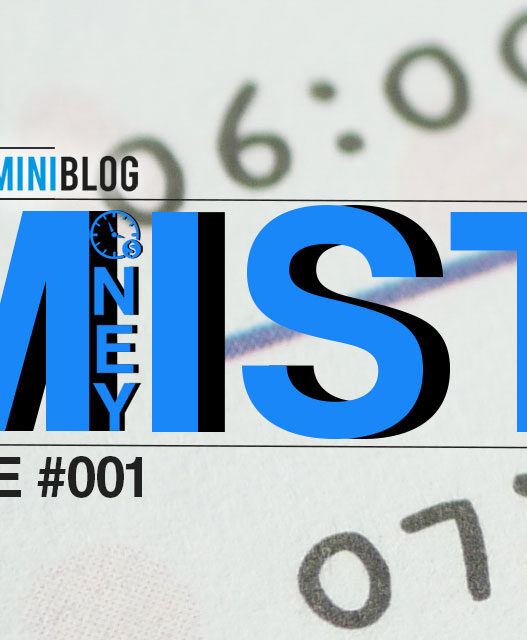Big data is the commodity of the 21st century, but this time it's us – or the aggregate of our lives and experiences – that is in the pipelines. Except…what if it's not? What if it's much less important than we've all made out?
Is artificial intelligence already taking jobs from young people? If you've been casually following the debate over AI and its effect on young graduates' employment, you could be excused for thinking that the answer to that question is “possibly,” or “definitely yes,” or “almost certainly no.” Confusing! Let's review.
It's not just large financial firms that are changing their tune—even AI companies seem to be getting the wake-up call. It was recently reported that Meta is freezing its AI hiring for the foreseeable future. We don't know if other AI companies will cut back as well, but the vibe seems to have changed since the lackluster launch of ChatGPT 5.
The bond market served as a check on the administration in April, when its sharp reaction forced a change in tariff policies. But bond investors seem asleep at the wheel after the firing of Fed governor Lisa Cook. The muted reaction could be a sign that bond investors are pricing in an environment where policies don't stick.
To economists, the independence of the Federal Reserve is particularly sacrosanct. They think absolute independence from the president and Congress is the best result for the economy in the long term. The President, on the other hand, views an independent Fed as his enemy.
If you are retired, you probably need to live off the income from your investments, particularly bonds and certificates of deposit. So what you want are higher interest rates, low inflation and a strong, independent Federal Reserve that can keep inflation low in the future.
Right now the baby boomer generation is worth more than $82 trillion:Some of that money will be spent but much of it will be passed down. There are numerous talking points about The Great Wealth Transfer. How will it impact the housing market? Will baby boomers give away some of their money to the younger generation now?
Though we can make informed investing decisions, the truth is that we have a variety of cognitive biases that make us very bad at predicting what the market will do. We place too much weight on events that easily come to mind, information that confirms our preexisting beliefs, and what others are doing.
Having a megaphone on the internet can be quite useful when you're looking for opportunities. But inertia is real, and when you spend a couple of years equating “subscriber growth” with “success,” it's tough to shift that mindset. You have to separate the “means” from the “end,” otherwise you'll keep chasing the same means long after they detached themselves from the ends.
Aggressive, high-volatility strategies (such as sports car investing) and steady, consistent approaches (like family car investing) can reach similar destinations, but the journey experience differs dramatically. The best strategy isn't necessarily the fastest—it's the one you can stick with through all market conditions.
If you've read enough comments left by the readers of Physician On FIRE, as I have, you start to realize that this loss of identity isn't a fringe experience. It's more common than we think, even among those who retired by design.
We are deeply grateful to the readers and commenters who have lent their stories, their candor, and their wisdom. Their reflections aren't footnotes to the physician, but rather the heart of it.
Here are 11 lessons in the words of physicians who've lived through the reckoning that is retirement. Don't mistake them for advice— they are lifelines.



















